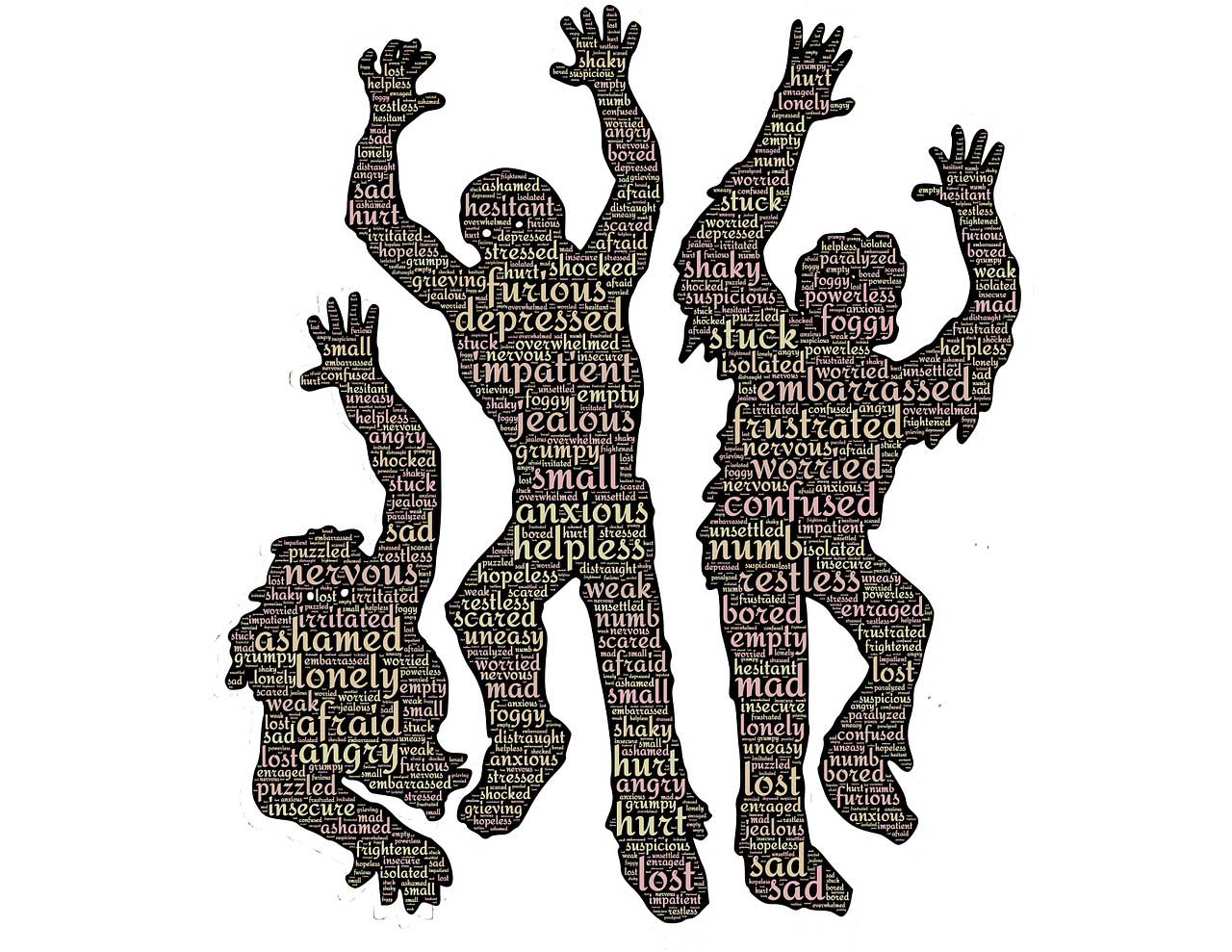I’ve come to believe that the reason we slander is hurt-based. We feel someone has wronged us, taken from us or judged us and we are hurt. Instead of forgiving, we lash back. In fact, I think temptation to slander is a very clear sign that we have yet to forgive, which I might add, is unforgiveable.
James goes even further and says that slander is a judgment of the law. This would initially be surprising. When you think of why we slander, it’s typically because we feel someone has done something wrong. So instead of thinking we’re judging the law, it actually feels like what we’re doing is affirming the law.
“What they did was wrong, and as I’m telling you what they did (slandering them), don’t you agree?”
And what they did may indeed by wrong, even sinful, even against the law of God, but we are not The Judge. James says there is ONE law-maker and judge and we are not him. Rather, we are to live under the “royal law found in Scripture, “Love you neighbor as yourself”” (Jms 2:8). That James is speaking of this particular law he had mentioned prevously is affirmed by his use of “neighbor” in v. 12. And if that isn’t enough, if we go back to Leviticus 19:16-18, we find the Scripture about ‘loving your neighbor as yourself’ nestled snugly alongside of the words ‘do not slander.’
Under this “royal law” not only do we not slander and judge, but we “speak and act” with mercy. Because in the end, “who are [we] to judge [our] neighbor” (Jms 4:12)?
For me as one who has participated in slanderous conversations (both verbally and in my mind) on probably a daily and most definitely weekly basis, I am in desperate need of the gift of repentance. The gift that asks God to help me see it for what it is and turn completely and utterly away from this detestable practice.
——–
Progress Report:
Memorized Ps 1-3; Jms 1:1-4:12

